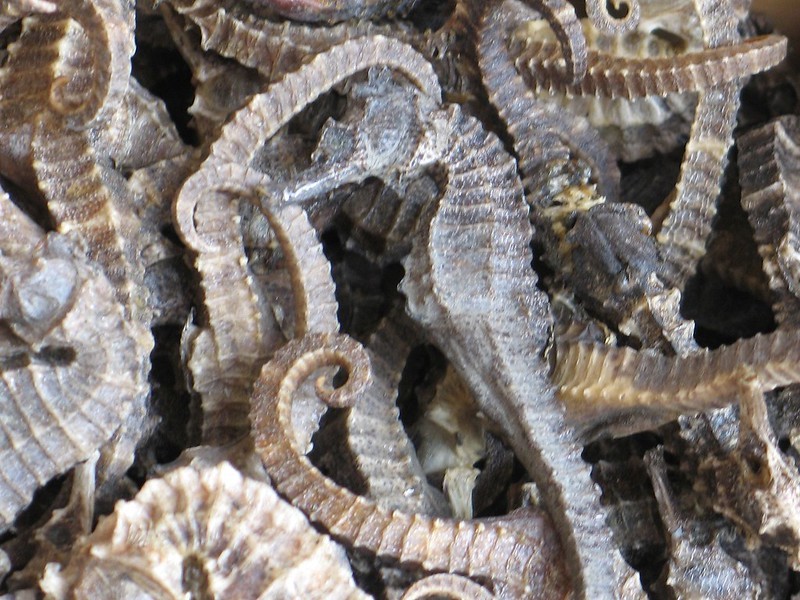The report compiled by Traffic was issued on Thursday and highlighted the Sulu-Celebes Seas that encompass the land and sea areas of the Philippines, Indonesia, and Malaysia as the Southeast Asian hotspot for regional wildlife trafficking.
According to Traffic, combating transnational wildlife crimes in the region necessitates increased strategic collaboration among the three nations, as well as cooperation among the agencies operating within those countries.
Located at the heart of the world's marine biodiversity, the region has seen rampant poaching, trafficking, and trading of turtles, giant clams, sharks, rays, and pangolins.
Serene Chng, co-author of the report and Senior Programme Officer at Traffic International Southeast Asia, emphasized that the "sheer volume of hundreds of marine and terrestrial species poached and trafficked through these lesser-known seas is a wake-up call for action before it's too late."
Traffic analyzed numerous wildlife seizures in the region, with the largest number of seizures involving a specific family of animals being 12,041 seahorses, followed by over 8,100 turtles and nearly 5,800 pangolins.
In the Philippines, ray tails are sold as amulets, while pangolins are primarily poached for use in Traditional Chinese Medicine or consumed as a delicacy. Turtles are predominantly used to create bracelets and rings from their shells.
Cecilia Fischer, the Wildlife Law Enforcement and Prosecution Officer at WWF, underscored the challenges and significance of this region due to its rich biodiversity and strategic location.
The report also revealed that wildlife is widely purchased online, with over 280 seller accounts identified trading marine turtles, pangolins, sharks, and rays. Instances were found where rays were stockpiled or sold through live-streaming sessions. Some of the most expensive items recorded in the region included a pangolin claw necklace priced at US$66, a bag of pangolin scales priced at $95, and a ray tail priced at $126.
The region boasts a diverse and extensive fishing industry that supports various types of fisheries, including local artisanal fishing, fisheries targeting high-value species for domestic and international markets, and fisheries capturing live fish for the aquarium trade.
Traffic stated that low conviction rates undermine the impact of enforcement actions, such as seizures, highlighting the importance of investing in prosecution to ensure that criminals are held accountable for their crimes. Additionally, a lack of reported information regarding international cooperation between law enforcement agencies was identified.



